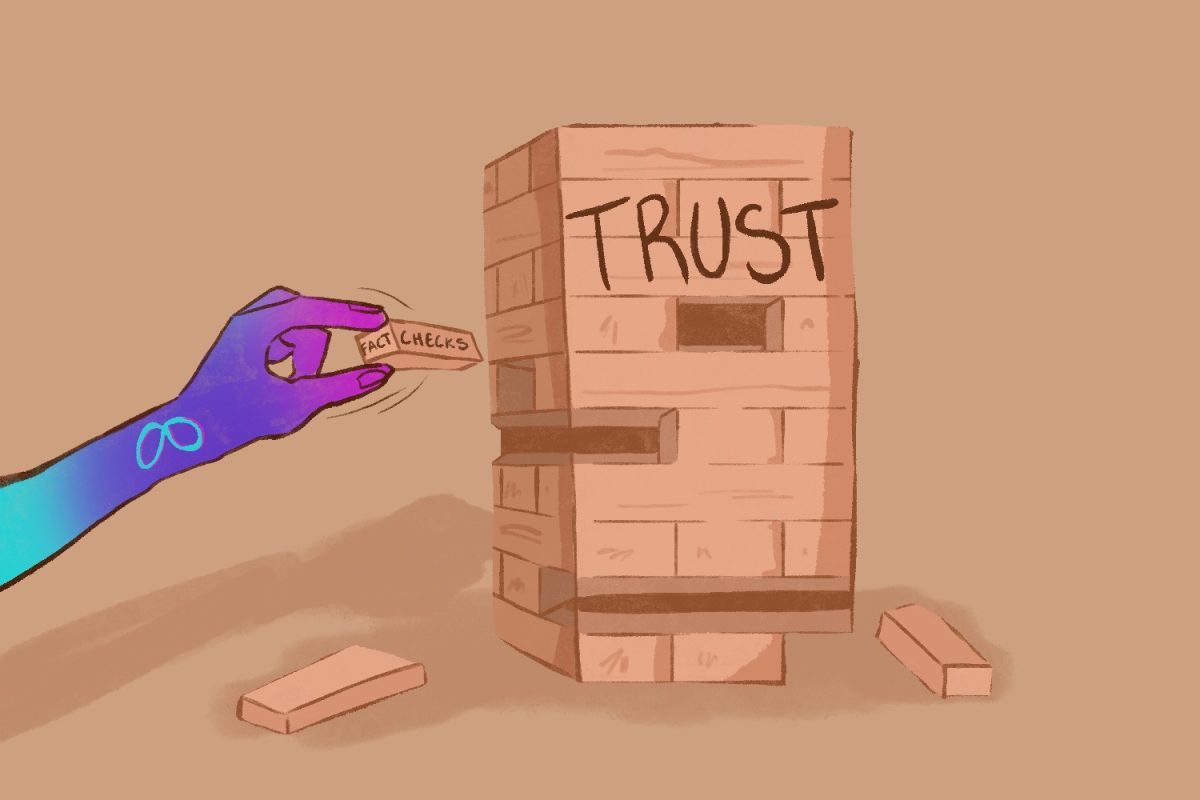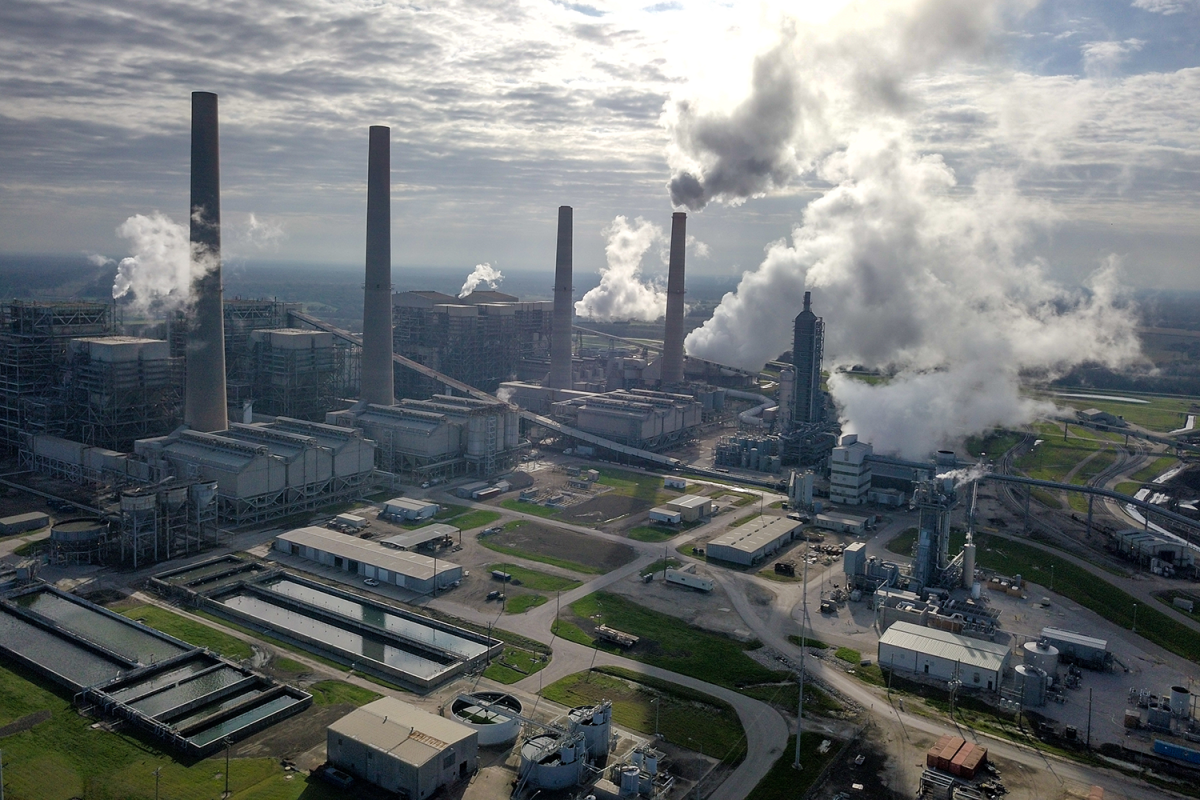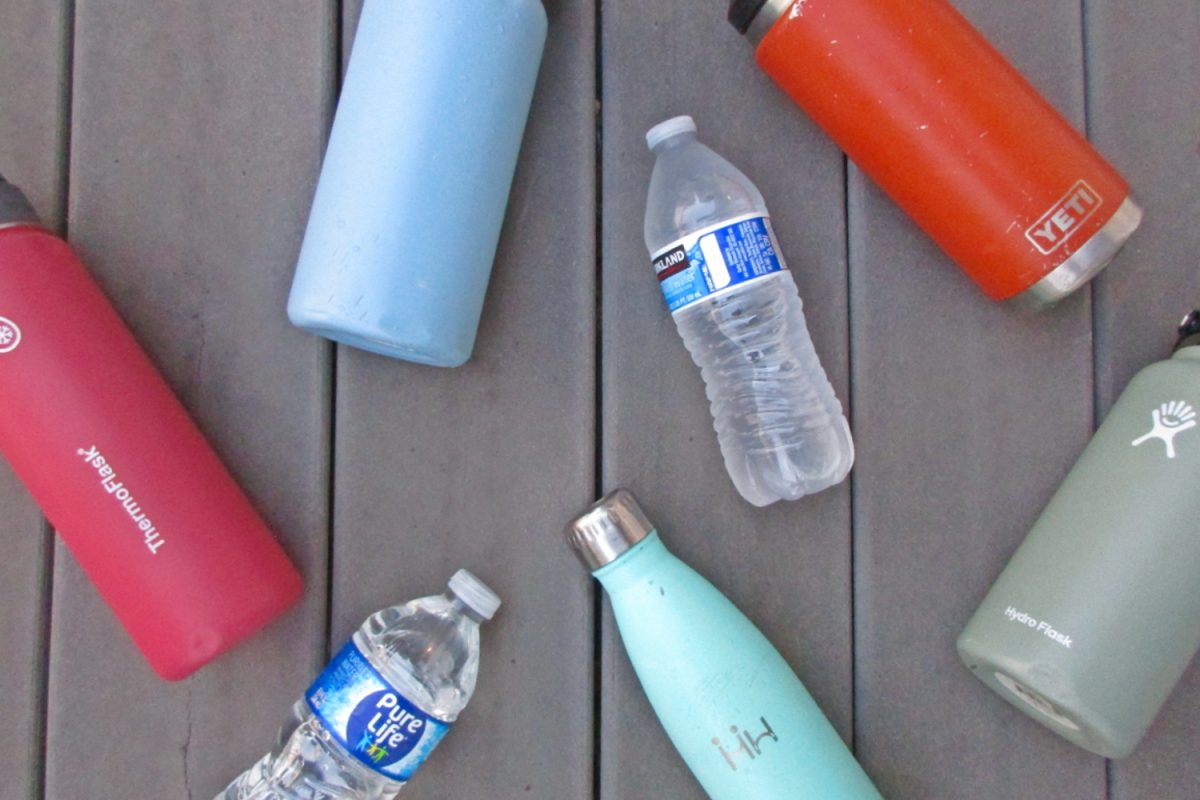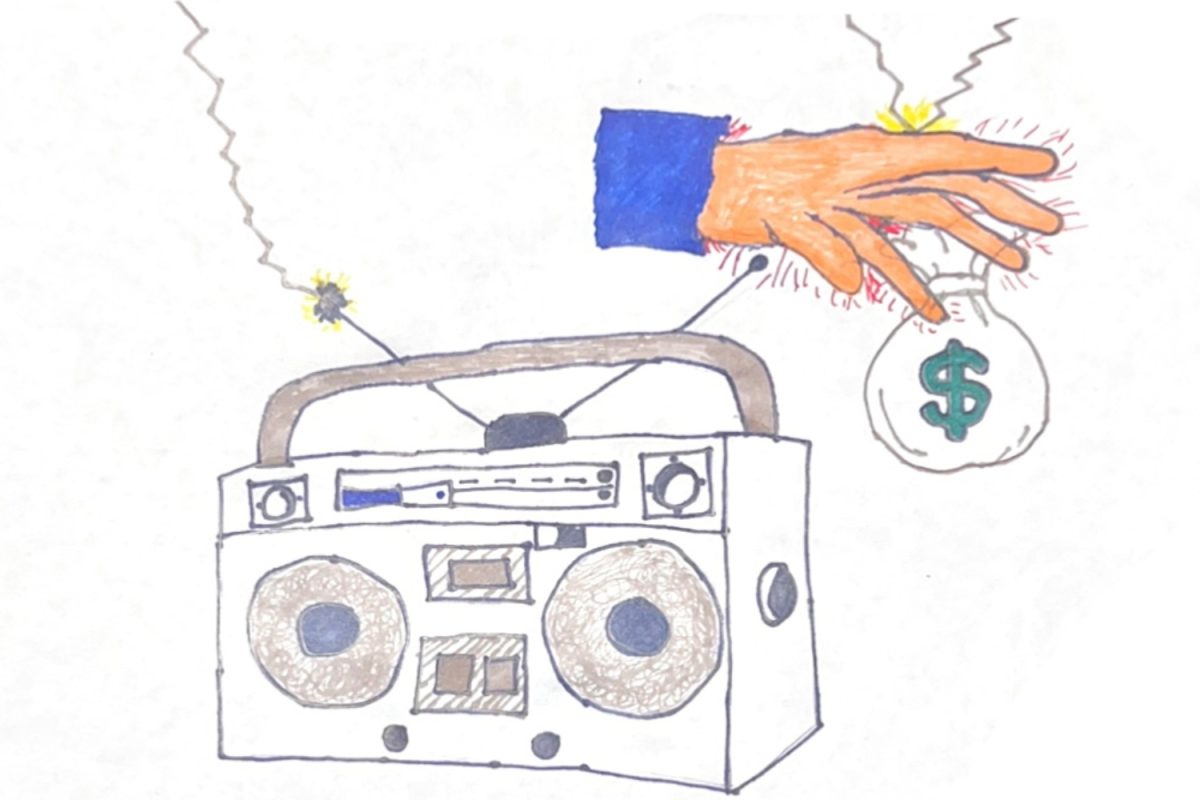It might seem fun to start your holiday shopping months in advance, but there are downsides to this activity. When businesses display holiday-related goods early, consumers are likely to buy more goods than they need.
Overproduction and overconsumption are growing issues in the United States. And early marketing for holidays makes this worse.
Companies have started to market and sell their winter holiday products as early as September to gain more business. Early advertising gives shoppers more time and access to these seasonal products. And though the longer time frame may seem convenient, it makes shoppers more inclined to buy greater quantities of goods as time passes until the holiday arrives. This is an example of companies advertising and selling in ways that allow overconsumption.
Marketers are also advising companies to start promoting and selling their seasonal holiday products prematurely. With the busiest shopping days of the year being in November and December, businesses see early holiday marketing as a way to expand upon the number of active shopping days. While encouraging customers to purchase more than required, companies are also producing more than shoppers are buying. However, they do not see the environmental impact and how overproduction and overconsumption can eventually affect the world.
According to Kleiderly, overconsumption is defined as “a situation where the use of resources has outpaced the sustainable capacity of the ecosystem.” Overproduction is defined as “the production of goods that exceeds the needs of the consumers who are consuming them,” according to Net Impact. Both of which contribute to the regression of the quality of the environment.
Overproduction is the result of overconsuming shoppers. Companies are seeing that people buy more, so they start to create more in return. When factories make surplus quantities of goods, their carbon footprint increases. The increasing greenhouse gas emissions around the world are the primary cause of climate change.
As the climate crisis starts to become more and more severe, scientists are exploring the eventual outcomes. Higher susceptibility to heat waves, sea-level rise, and destruction of wildlife habitats are seen in the near future.
While consumers aren’t directly at fault for the overproduction and overconsumption issue, there are numerous solutions for the average person. Buying items second-hand to lessen excess production and only purchasing what you really need reduces the chances of consuming extra.
Overall, companies and their marketers are to blame for the overconsumption and overproduction epidemic. Though consumers reap the benefit of early holiday shopping, the environment is what takes the hit. Doing your best to reduce purchasing nonessential items and shopping in second-hand stores will eventually prompt companies to produce less and less over time.
*This editorial reflects the views of the editorial staff and was written by Soleil Dam













